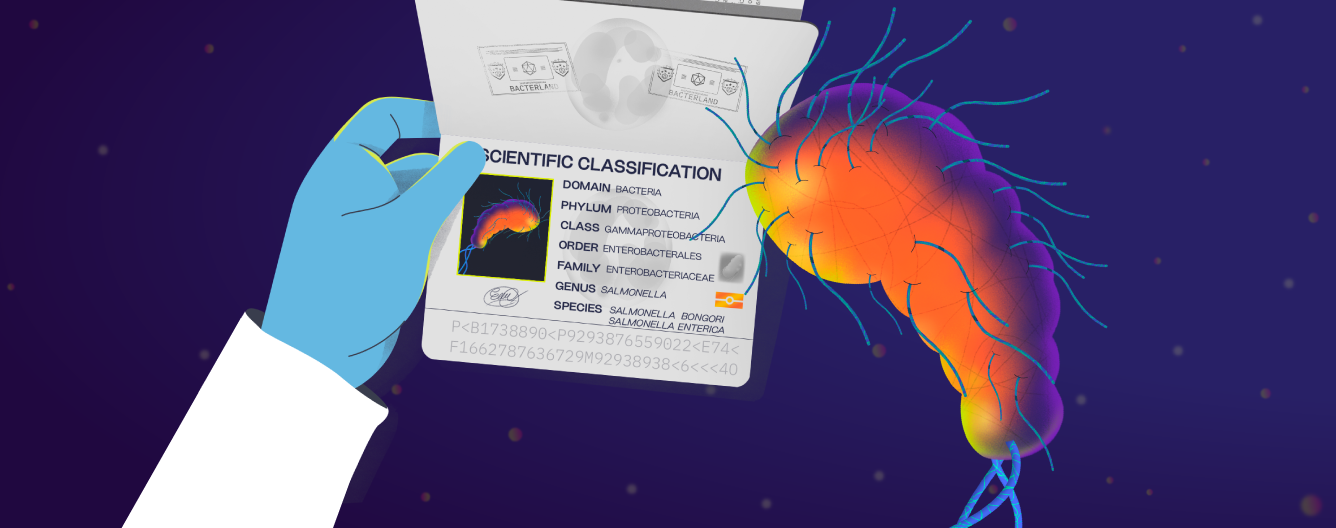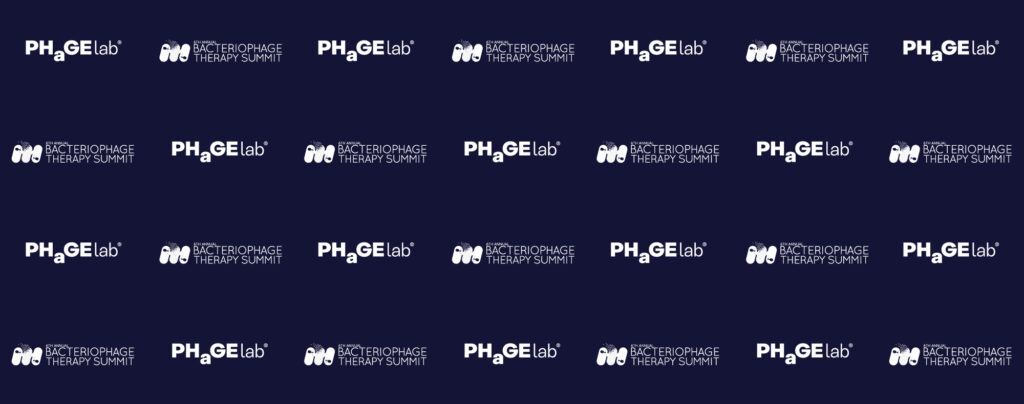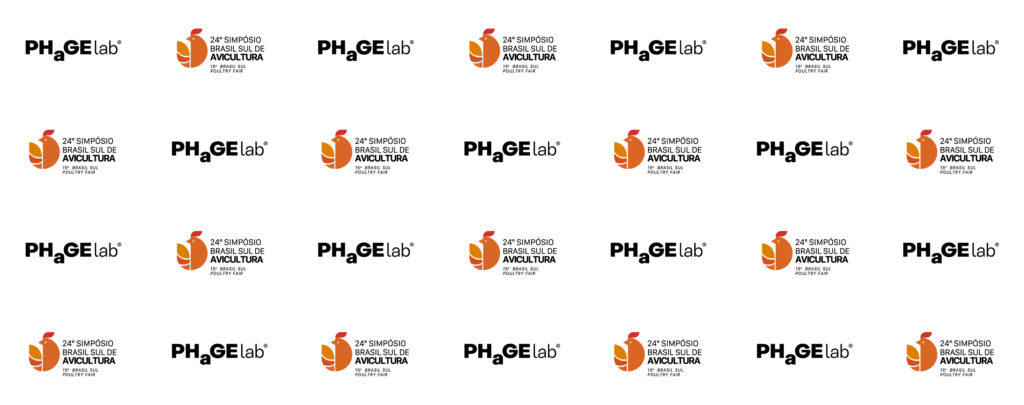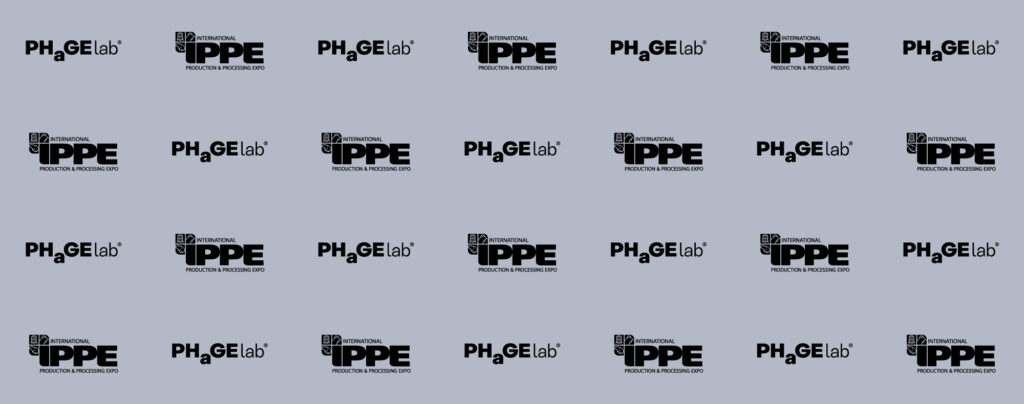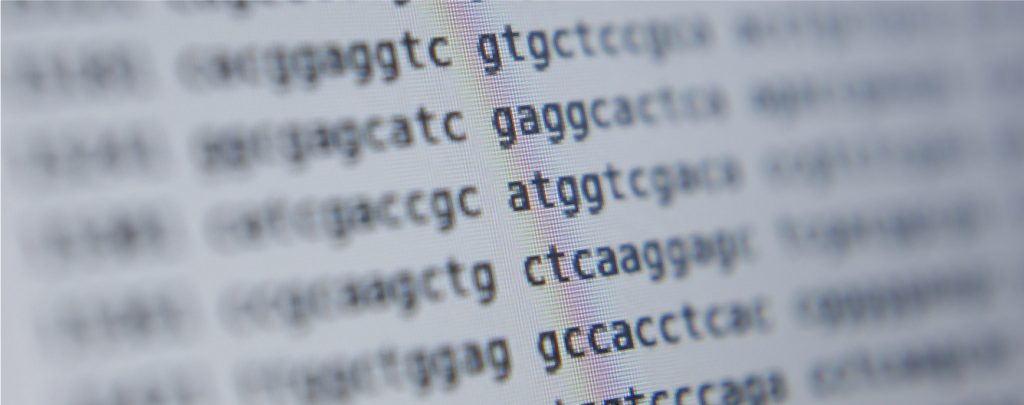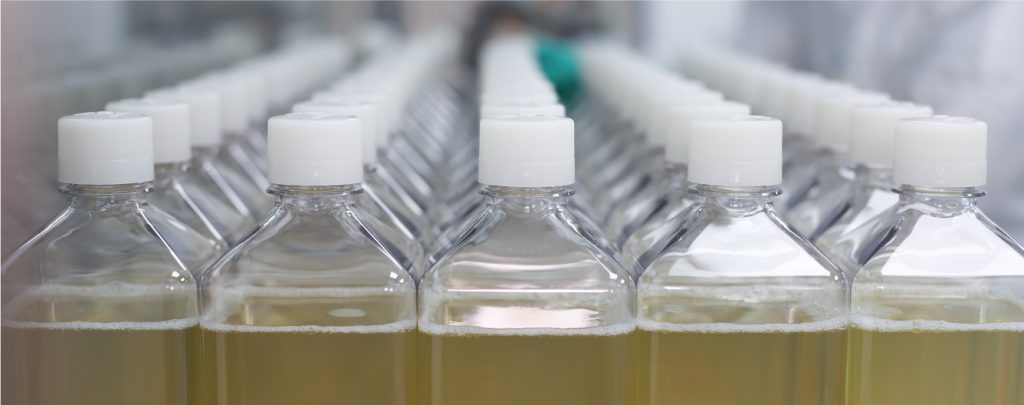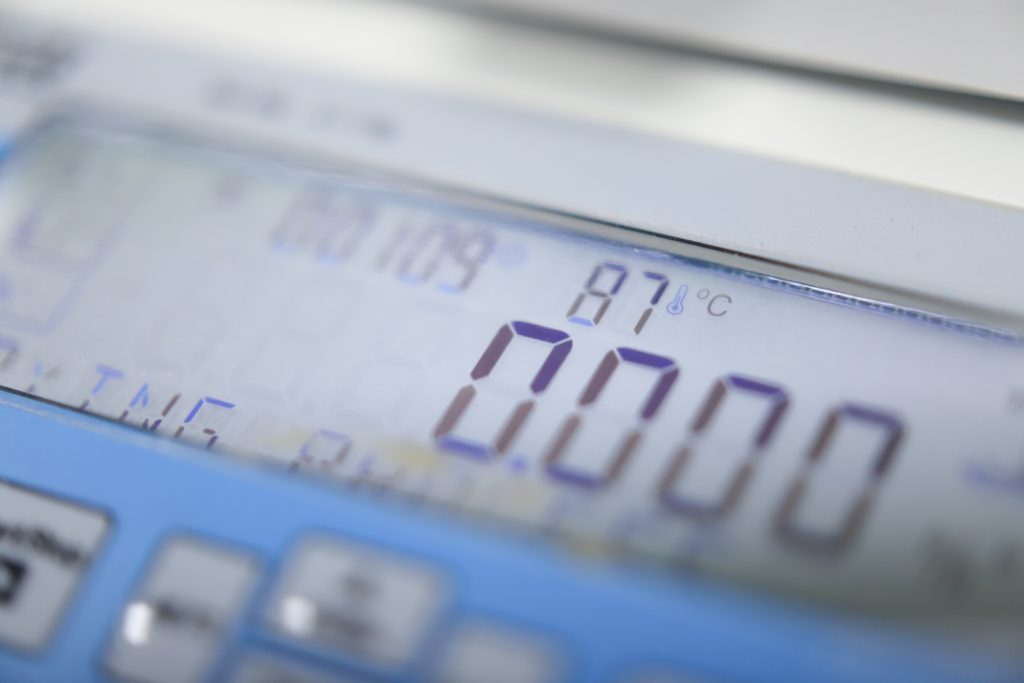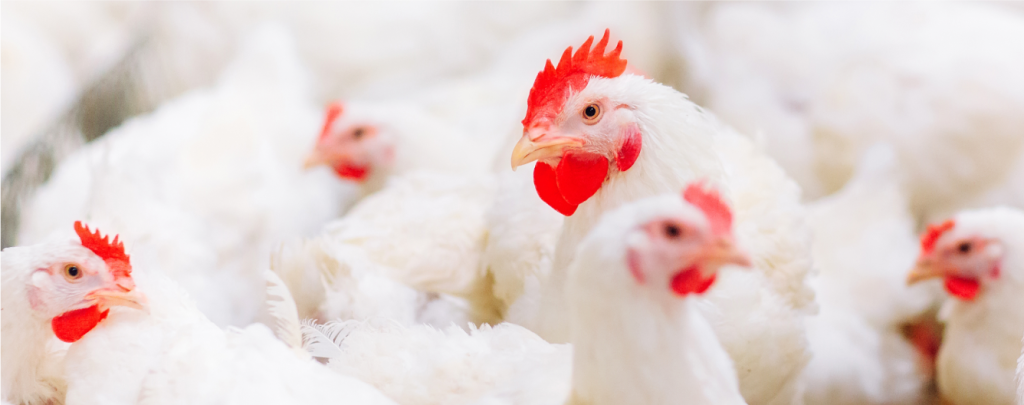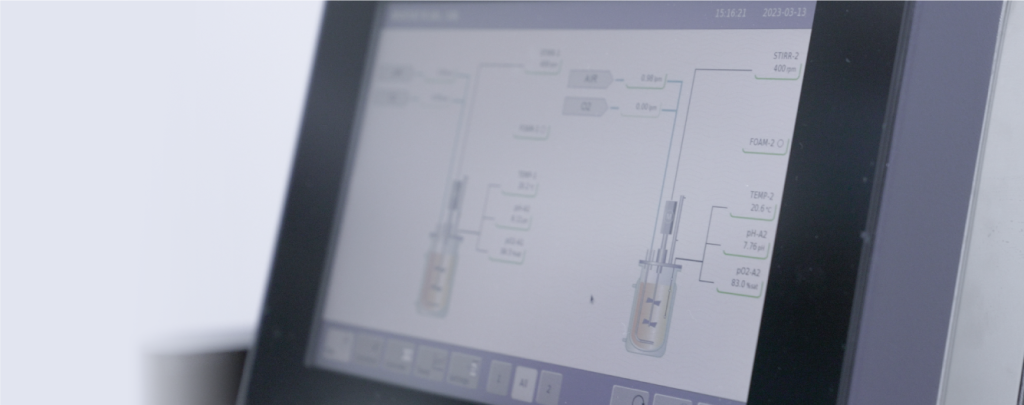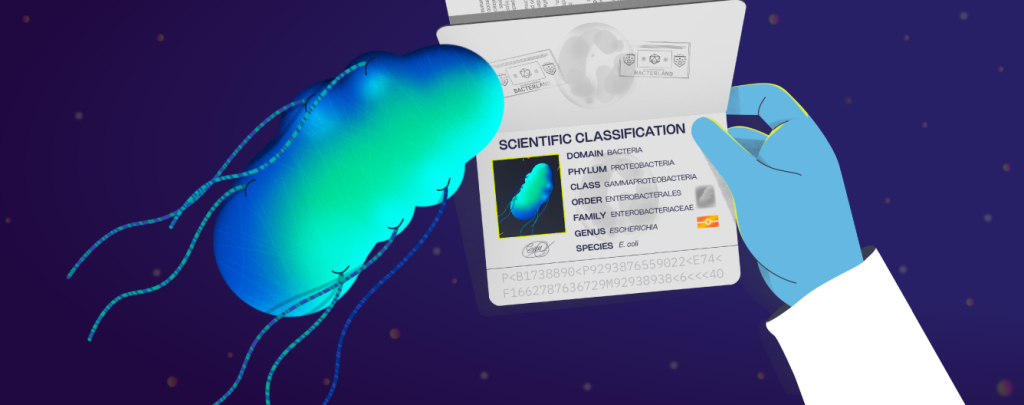Salmonella is a genus of bacteria containing two species and more than 2500 serovars. They colonize the intestinal tract of human beings and animals and are capable of causing infection. Salmonella enterica, one of the species, causes salmonellosis, a disease that can cause diarrhea, fever, stomach cramps and vomiting.

Animals can get this pathogen from their environment, by eating contaminated food, or from their mothers before they are even born or hatched.
Even though most animals do not get sick from Salmonella and still appear healthy and clean, the infectious bacteria can still spread.
As these bacteria naturally live in animal intestines (except human beings) they can also be found in their feces. Then they can easily contaminate the animals’ body parts (fur, feathers, etc.) and their immediate environment.
We have bacteriophage-based products that can control Salmonella enterica and they can help to prevent the antibiotic crisis. You can learn more about it in a pretty cool video we made. Watch it here.
